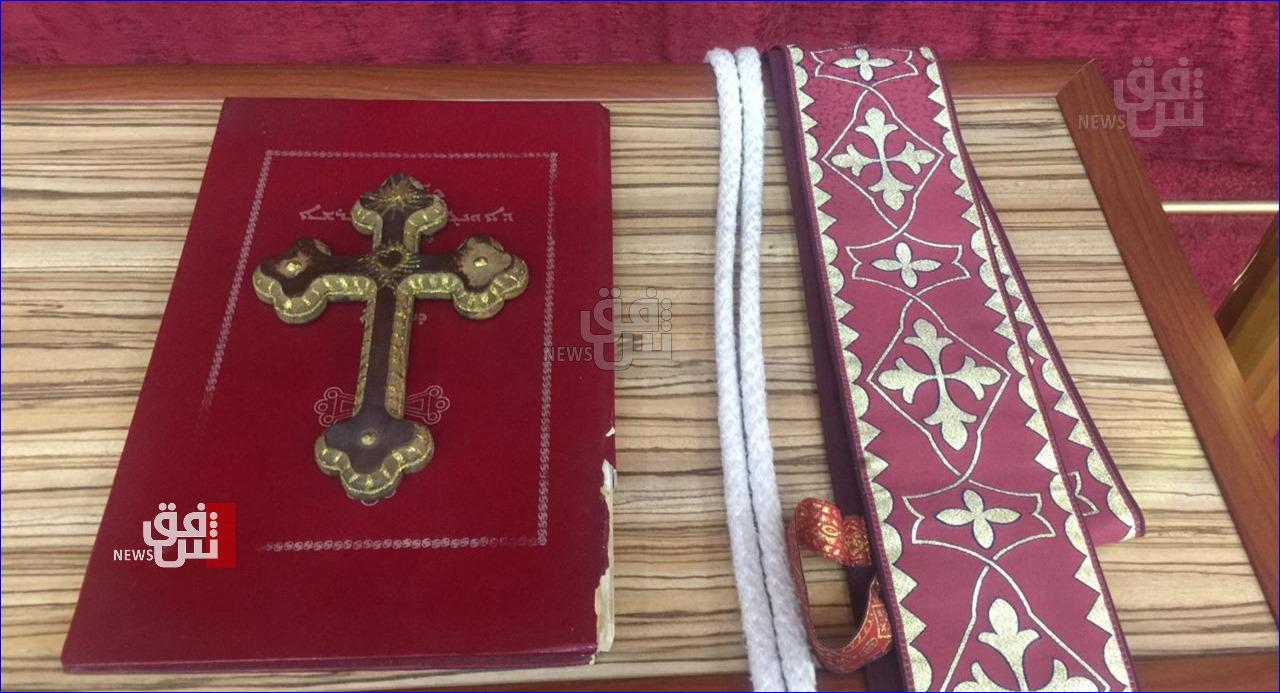


Overwhelmingly Muslim now, Iraq housed several ancient Christian communities, which now number an estimated 200,000 to 300,000 people from the 1.5 million who lived in the country before the U.S. invasion that toppled Saddam Hussein in 2003.
There are 14 officially recognized Christian sects in Iraq. Most live in Baghdad, the plains of northern Nineveh, and Iraq's autonomous Kurdistan region.
Meanwhile, the Chaldeans are the most numerous of Iraq's Christians, up to 80% of the group. The Chaldean Church is an Eastern Rite affiliated with the Roman Catholic Church, but it is allowed to keep its traditions and rituals. It originated from the Church of the East in Mesopotamia, which emerged in the early centuries after Jesus Christ.
Related: Assyrians: Frequently Asked Questions
The church is based in Baghdad and headed by Cardinal Louis Raphael Sako.
The Assyrian Church of the East is an ancient Christian church that traces its roots back to the first century AD. The church is not in communion with the Catholic Church, and its patriarch, Mar Awa III, is based in Erbil, the capital of the Kurdistan Region. It has a worldwide membership of over two million people. The church's liturgy is based on the East Syriac rite, and its language of worship is Syriac.
In an interview with Shafaq News Agency, Jimmy Youssef, Pastor of Mar Korkis Assyrian Church of the East in Kirkuk, discussed the history of the church, the challenges faced by the Christian community in Iraq, and his views on the role of religion in politics. Here are the highlights of the interview:
Shafaq News: Can you tell us about the Assyrian Church of the East and how it differs from the Chaldean Church?
Rev. Jimmy Joseph: The Assyrian Church of the East is one of the oldest churches in Iraq and the world. Our roots are tied to ancient Christian civilizations. We differ from the Chaldean Church in our relationship with the Pope of the Vatican. The Pope oversees the affairs of the Chaldean Church, including the appointment of pastors and priests and the management of religious matters.
Our church, on the other hand, has its own religious authority here in Iraq. Our religious leader is an Iraqi who resides at the church headquarters in Erbil. We have followers and churches in every country in the world.
Shafaq News Agency: How many Assyrian churches are there in Iraq?
Rev. Jimmy Joseph: We have six churches in the capital, Baghdad, three in Erbil, three in Duhok, and one each in Kirkuk, Basra, and Nineveh. All of these churches hold mass, prayer services, and other events.
Shafaq News Agency: Is the migration of Christians from Iraq still ongoing?
Rev. Jimmy Joseph: After 2003, hundreds of families migrated to the United States, Europe, and Australia due to the events that took place in Iraq. However, in recent years, migration has decreased significantly after a period of relative stability.
Shafaq News Agency: How many followers does the Assyrian Church of the East have in Kirkuk and Iraq?
Rev. Jimmy Joseph: In Kirkuk, there were about 900 families up until 2003. Currently, the number does not exceed 175 families. We have other followers in other governorates and cities in the Kurdistan Region.
Shafaq News: Do Christian clerics interfere in politics, and how does the Assyrian Church view this?
Rev. Jimmy Joseph: Our church has a clear policy of rejecting the involvement of Christianity in politics. However, we offer advice and give our opinion on matters related to the rights of our followers. We believe that it is wrong for clerics to be involved in politics.
Shafaq News: A few years ago, the cemetery of the church's followers in the Amal Shaabi area of Kirkuk was vandalized. It is the oldest cemetery in the governorate. Why did this happen?
Rev. Jimmy Joseph: Yes, a Christian cemetery was deliberately vandalized by unknown individuals who destroyed and desecrated the tombstones. We repaired the cemetery because it is one of the oldest in Kirkuk. Unfortunately, even the dead have not been spared from attack.
Shafaq News: Do the quota seats for Christians go to community representatives?
Rev. Jimmy Joseph: The quota seats were created to ensure the presence of Christians in the political process, whether in the government or parliament. However, the quota has been exploited by political parties, which has created a Christian-Christian conflict between political parties and clerics who involve themselves in politics.

or register to post a comment.